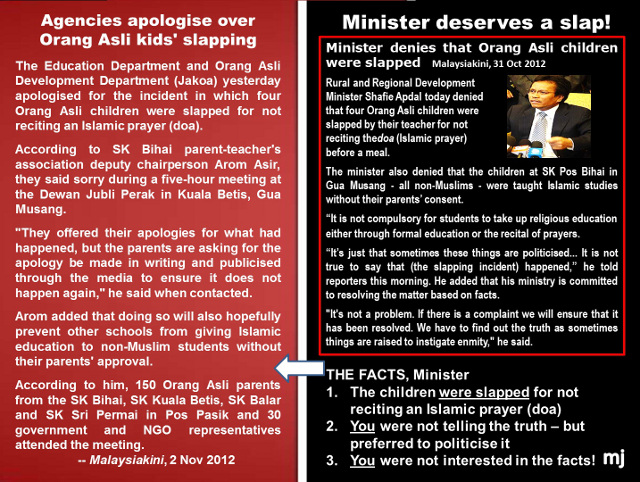By Koon Yew Yin
Updated : 27 Feb 2014
All students, irrespective of race and religion who have secured a place to study for the foundation course in any of the public Universities in Malaysia, including UTAR, are eligible to apply for scholarships from Koon Yew Yin.
The scholarship provided will be sufficient to cover tuition fees and cost of living expenses for the one-year foundation course.
On successful completion of the foundation course, the students will be required to apply for the government PTPTN loan to complete the degree courses chosen by them.
Conditions:
-
Scholarships will only be given to needy students whose parents are earning less than RM3,000 per month. Applicants must have passed SPM with at least 5A.
-
Scholarship recipients after completion of their degree courses are not required to compensate in any way for the financial support received. The only condition is that they will have to promise to help other poor students when they themselves are financially secure and in a position to help the unfortunate and needy.
-
All applications should be sent to the address below with appropriate parents’ salary or pay vouchers or other evidence of income as well as offer letters from the universities. For students with parents engaged in self employment, a letter of reference from a school teacher or official on the financial status of the parents will be sufficient.
-
The selection criteria is based on applicant’s financial need and not on academic achievement.
Contact by post to
Mrs Koon Yew Yin
65, Lingkaran Meru Valley,
Meru Valley Golf Resort,
30020 Ipoh
Perak
Or contact by email: kitpheng@gmail.com
Note: I have given more than 250 scholarships to help poor students to complete their tertiary education. The attached photos taken during the recent Chinese New Year celebration, shows some of the graduates who benefitted from my scholarships.
This is how I want to spend my money effectively to create happiness. Just see how happy they all are. When they are happy, I am happy.
Remember, after you have made more money than you really require, you must not forget that you cannot take it away when you die. You must do charity and create happiness which is our ultimate aim in life.

Among these graduates, standing 3rd from the right is Wan Pui Yee with 9A1 and 2A2 in SPM and sitting 3rd from right is Andrew Tan with 10A1 in SPM. Both of them could not get scholarships from the Government. They would have gone to Singapore if I did not offer them my helping hand.
If you know of poor students who need financial help, please tell them to apply.


